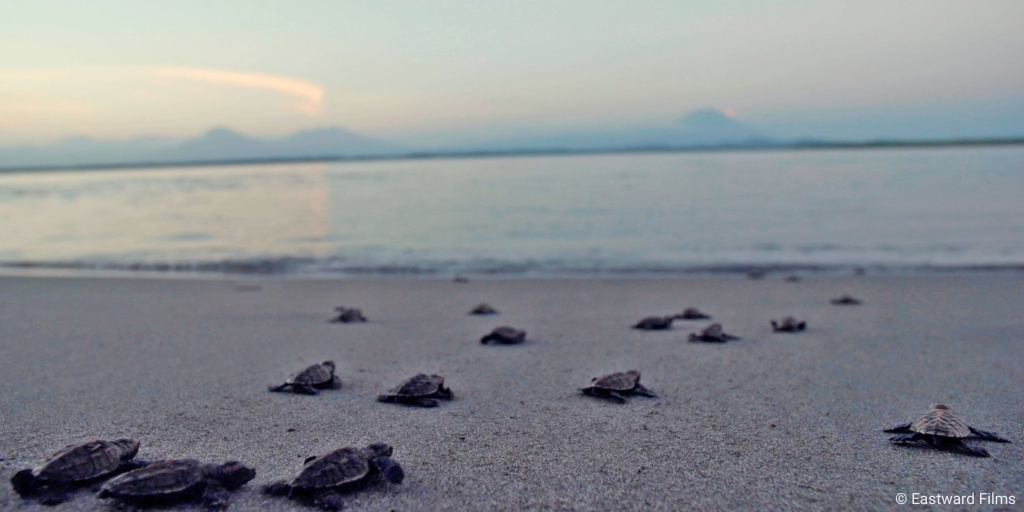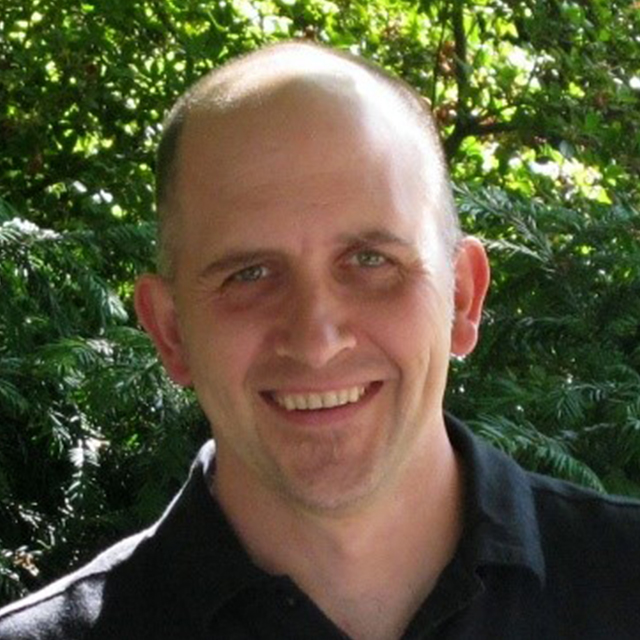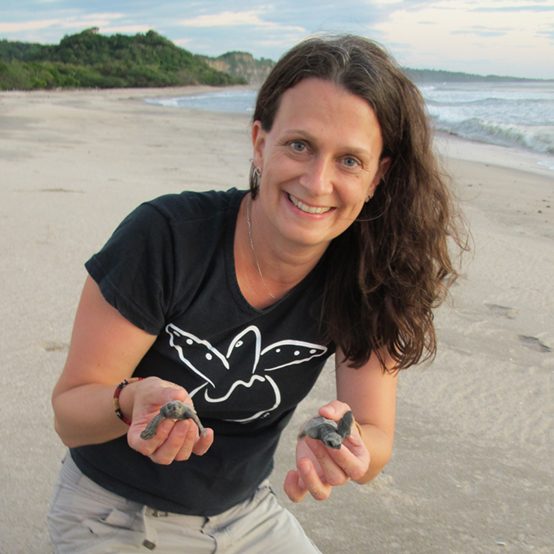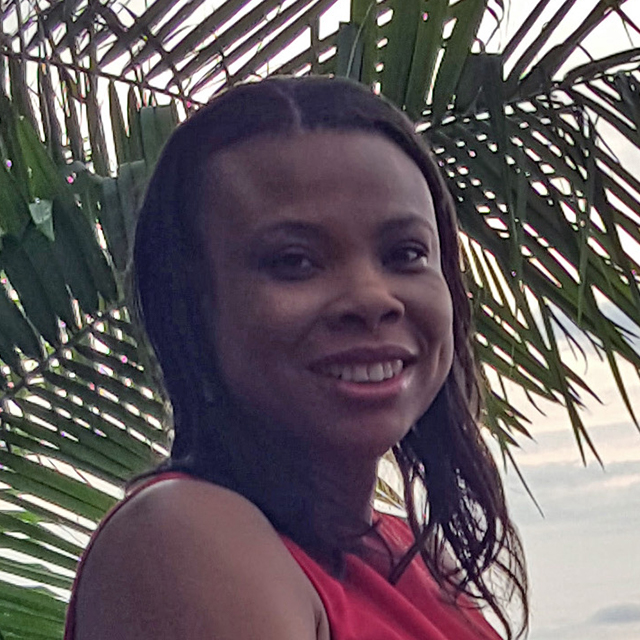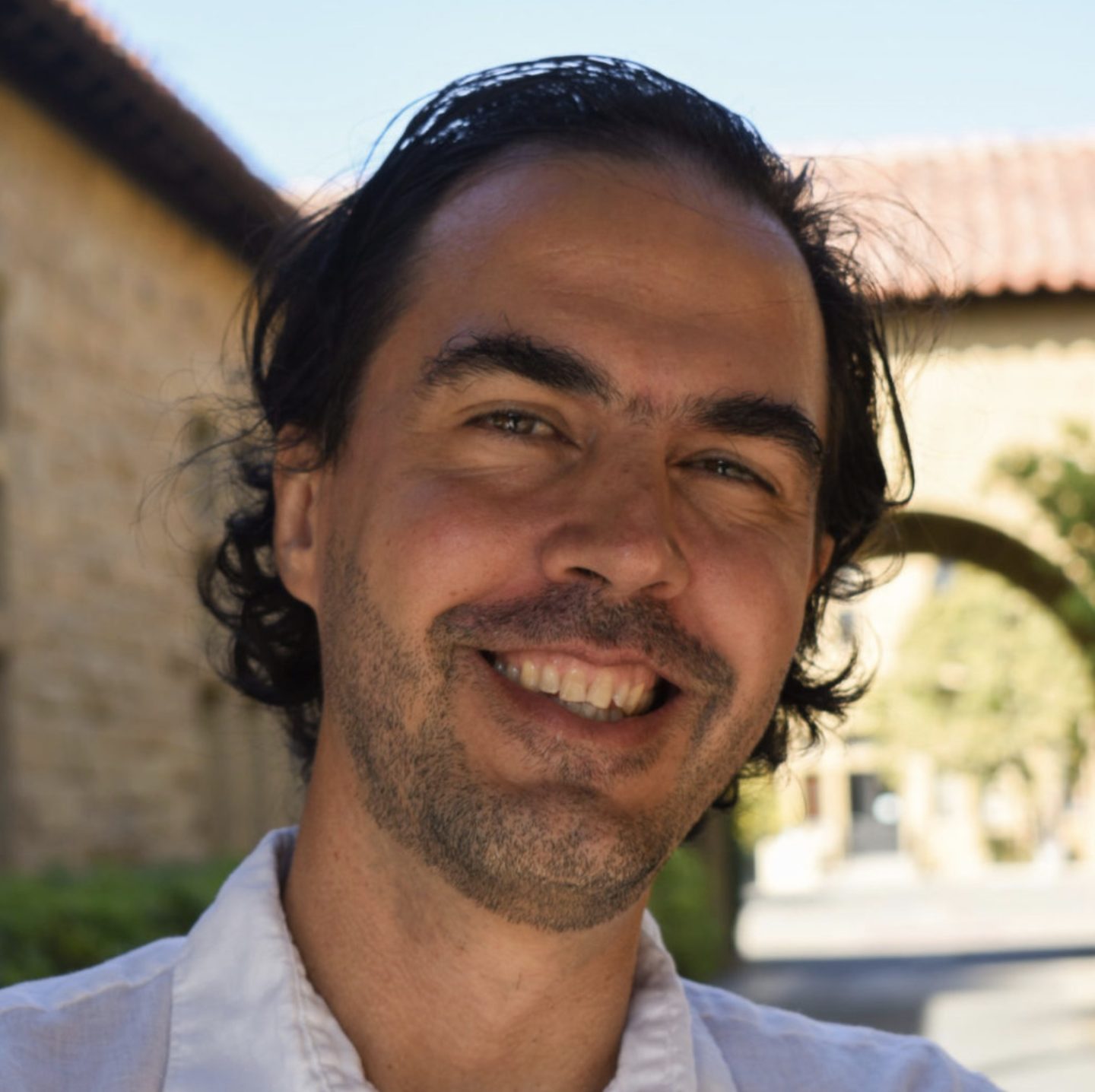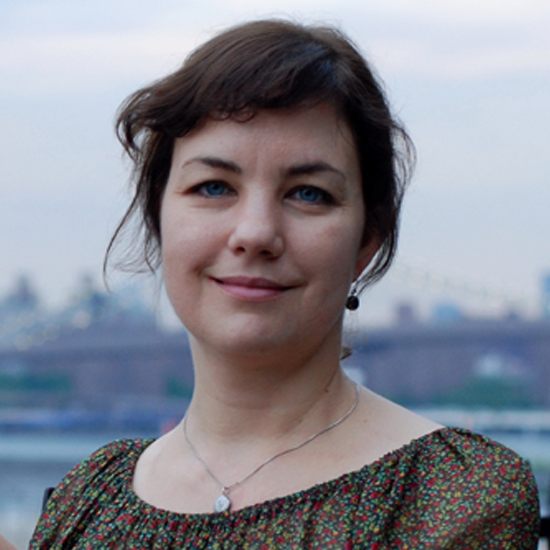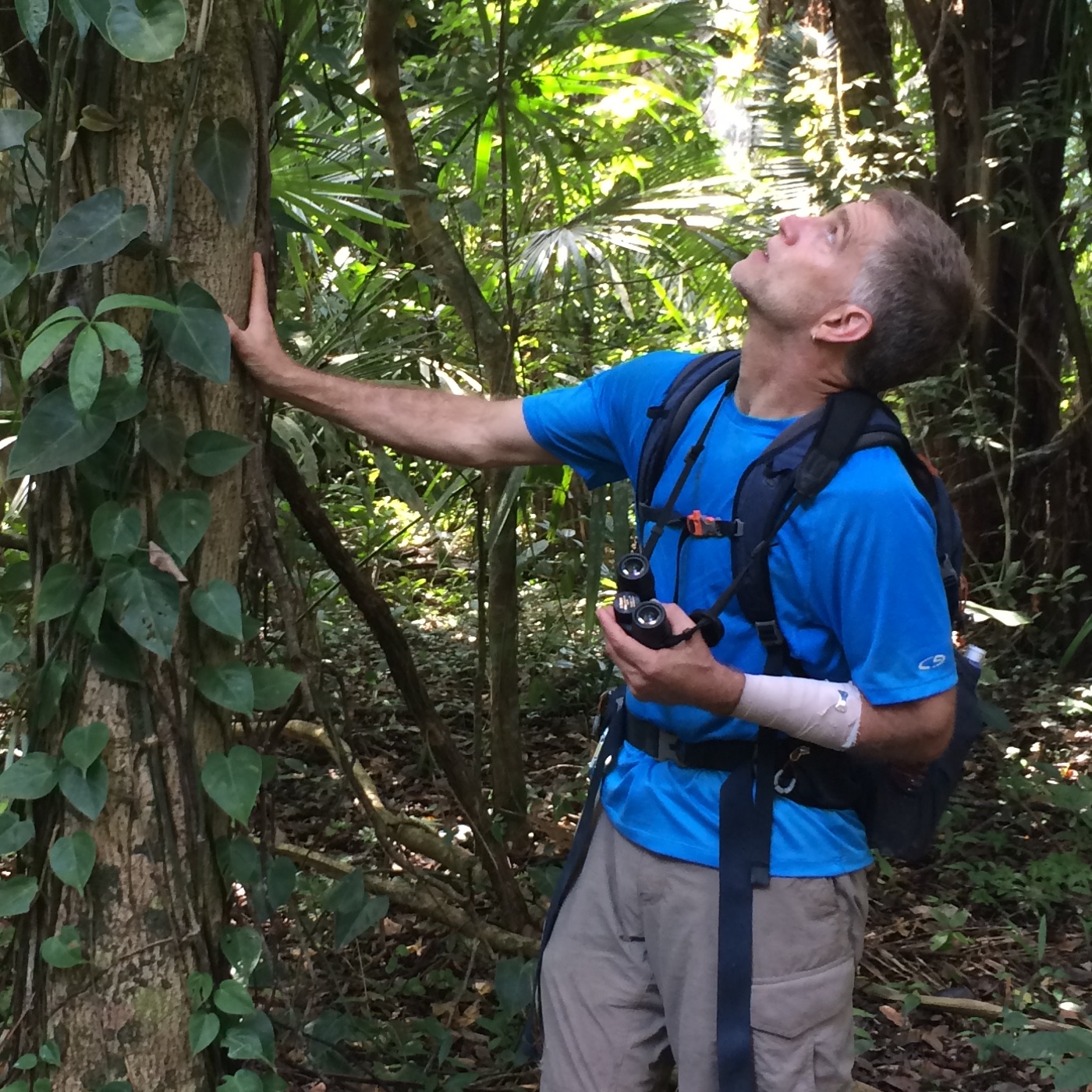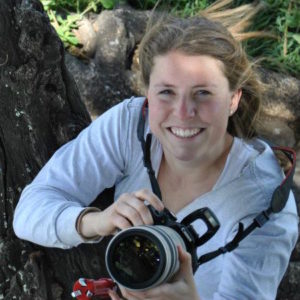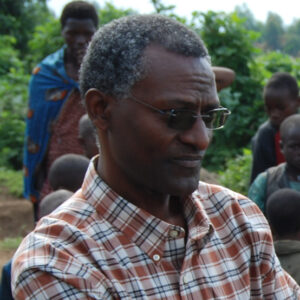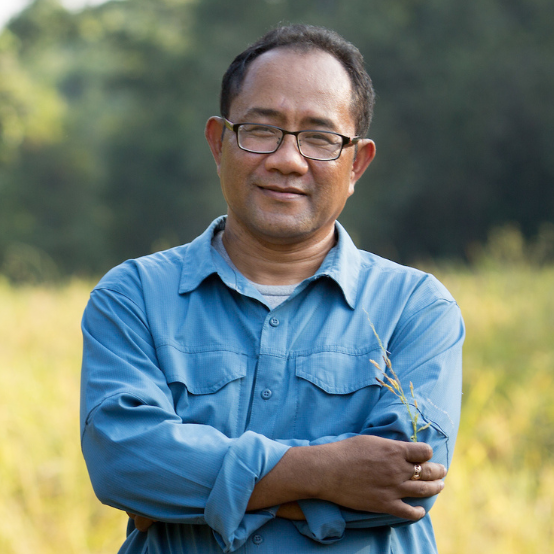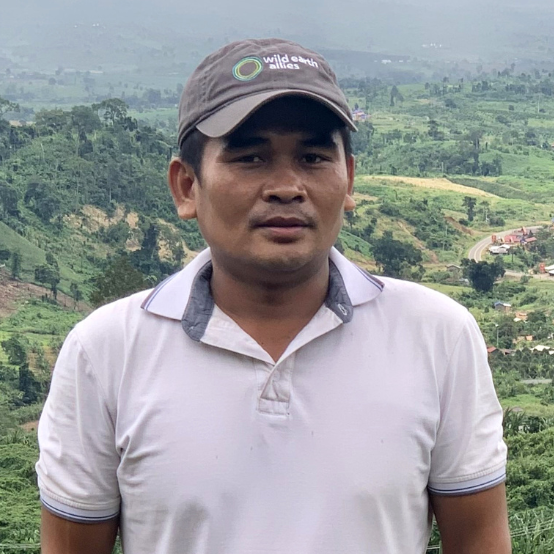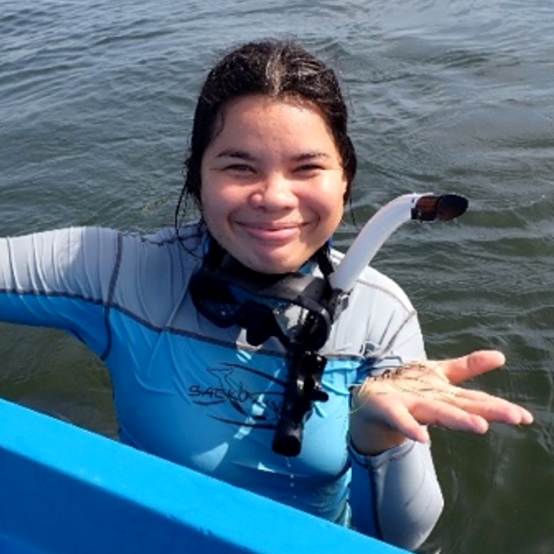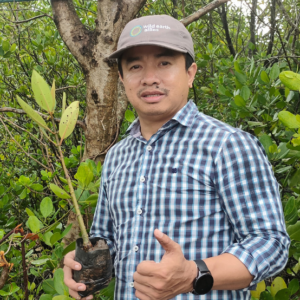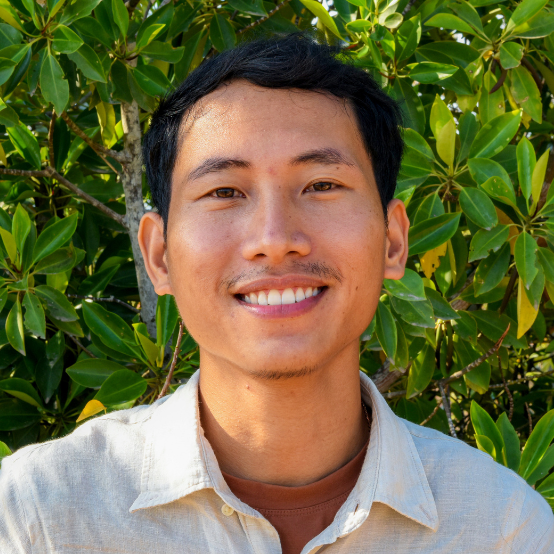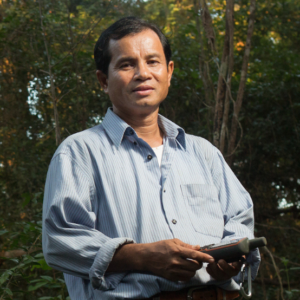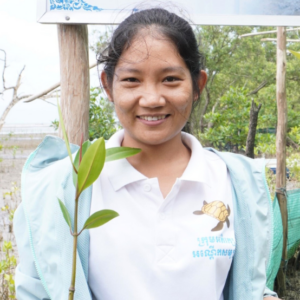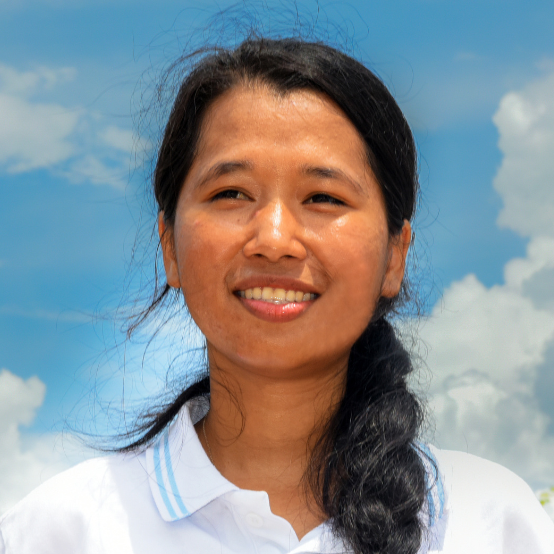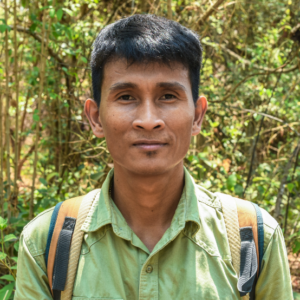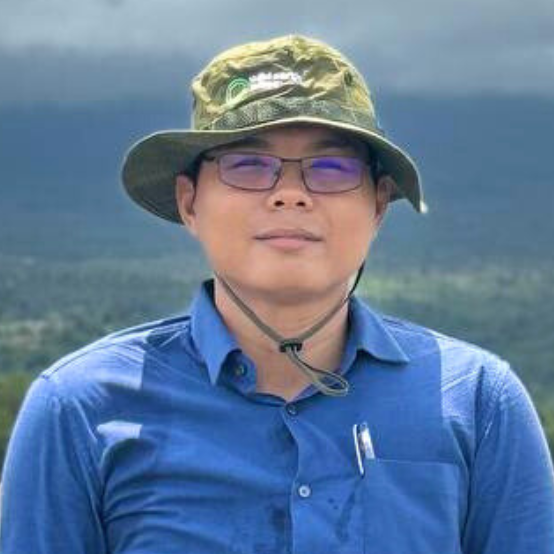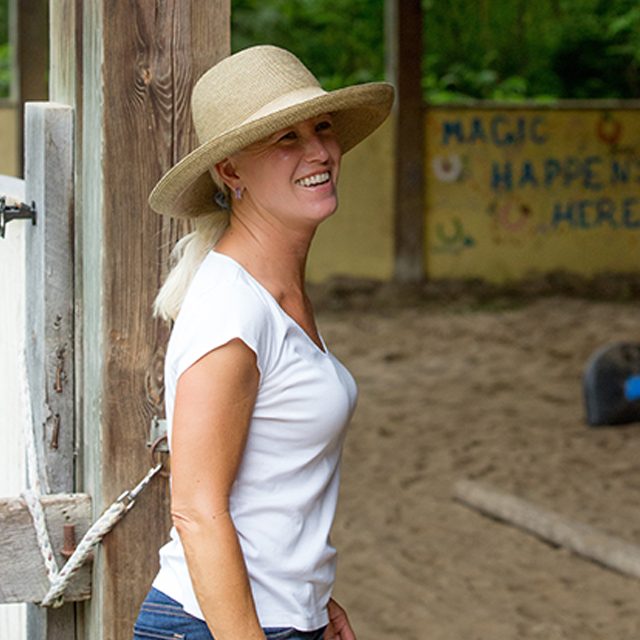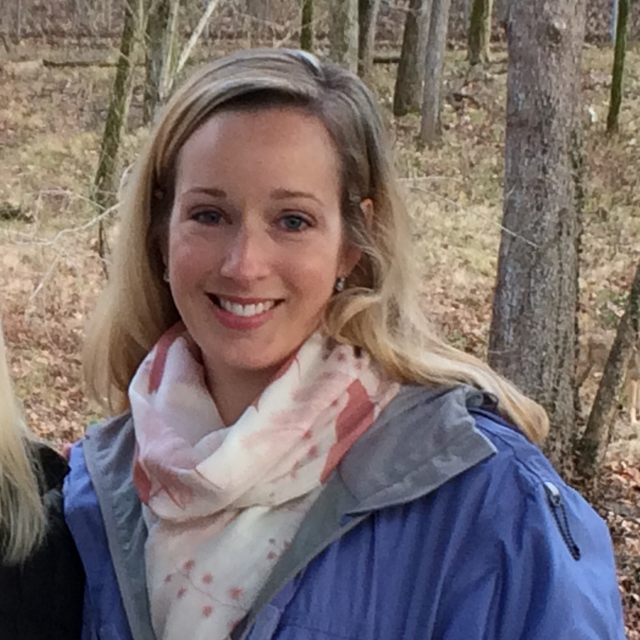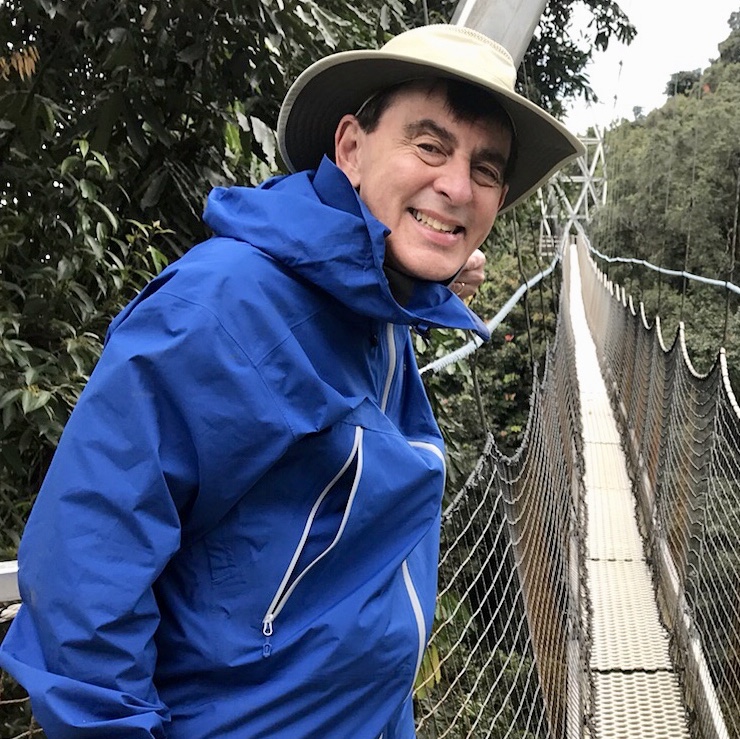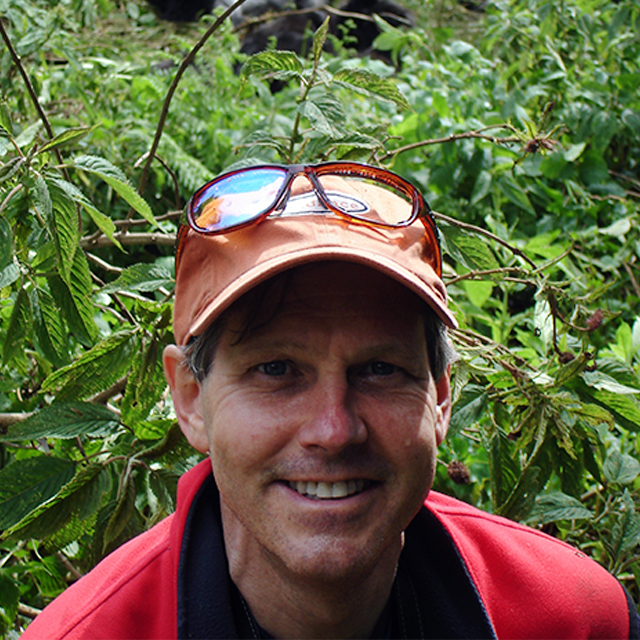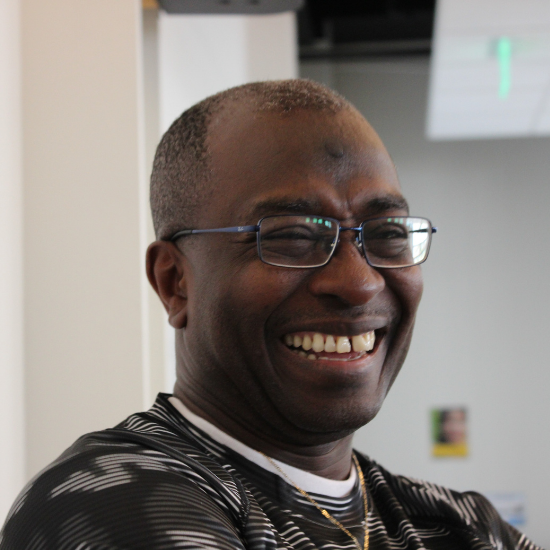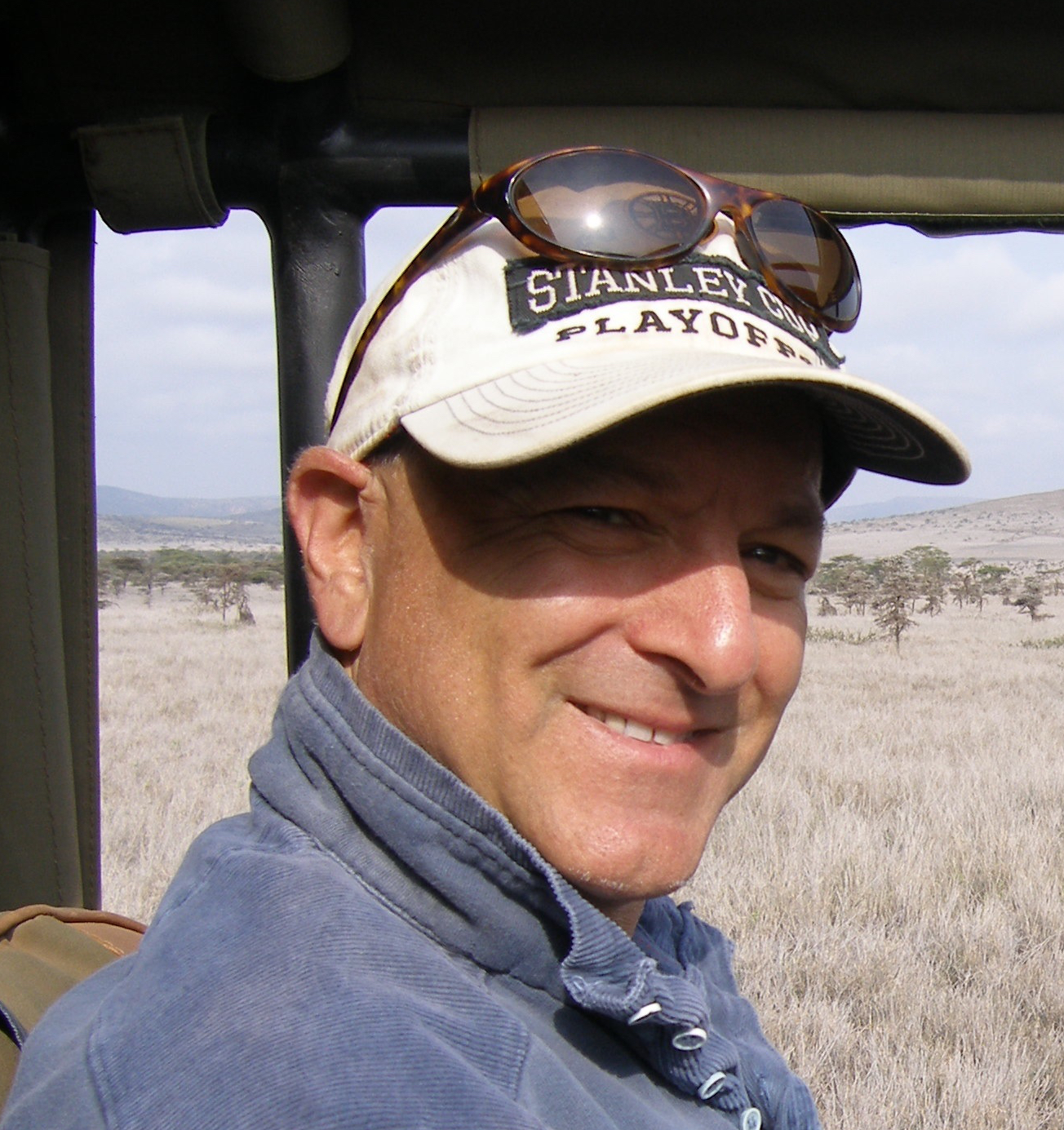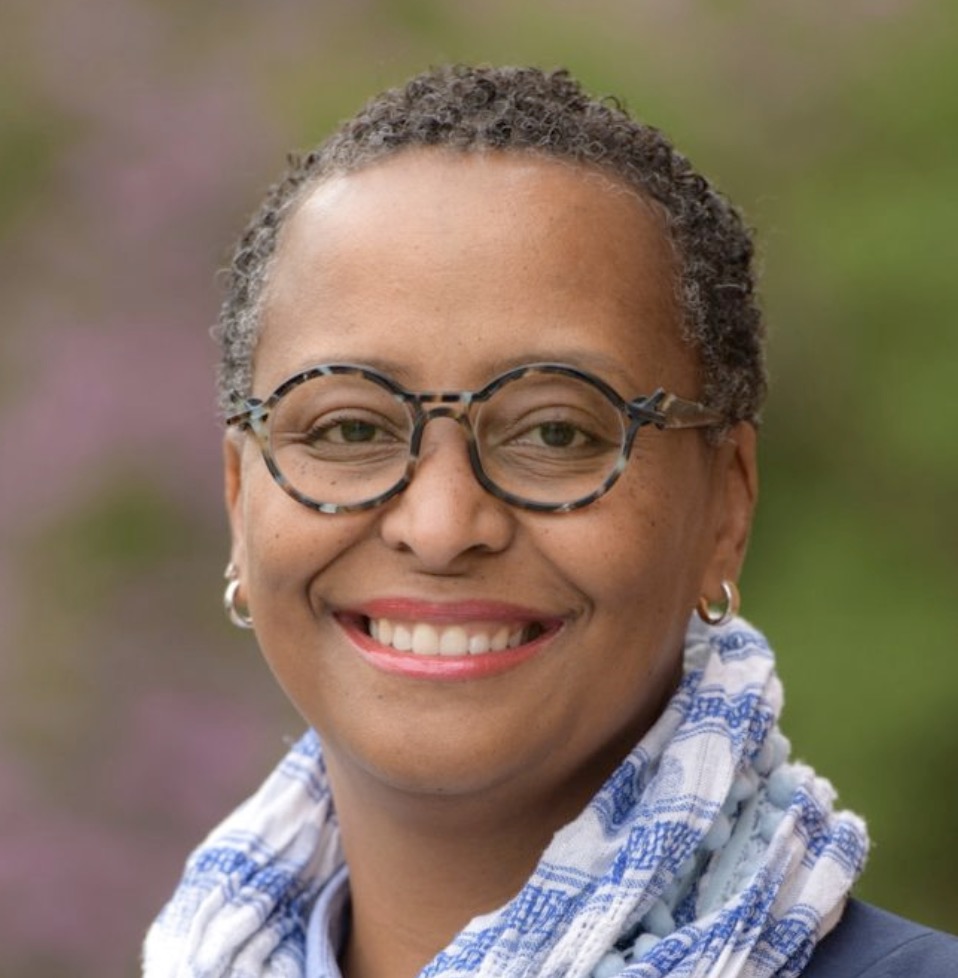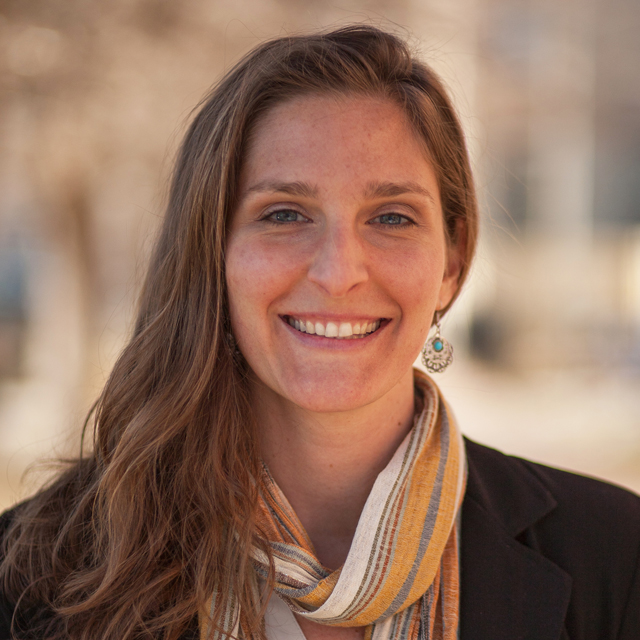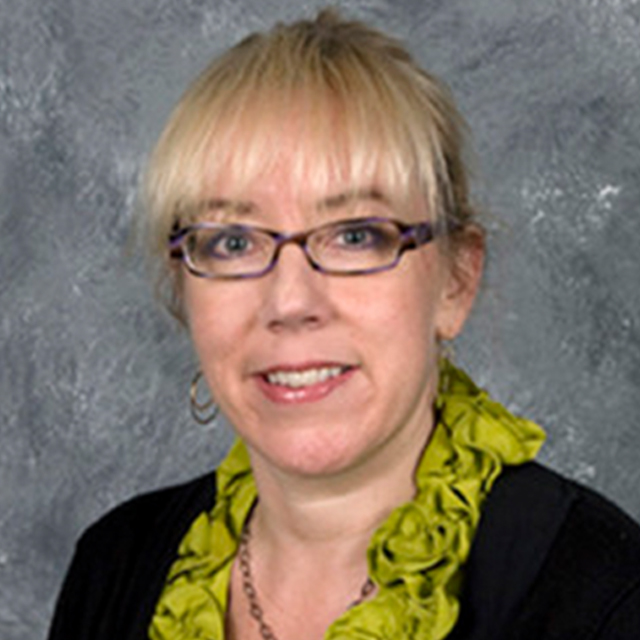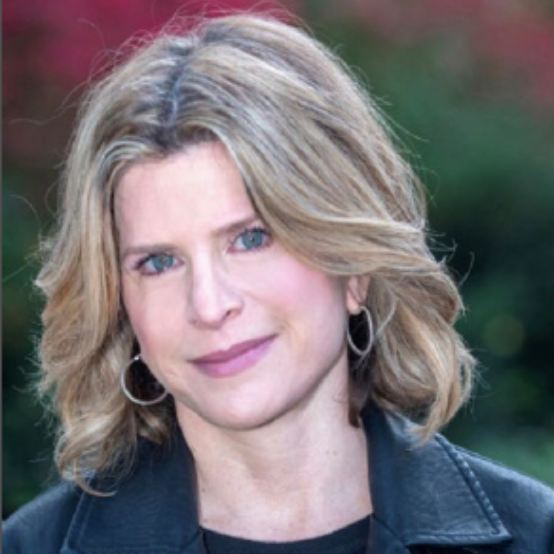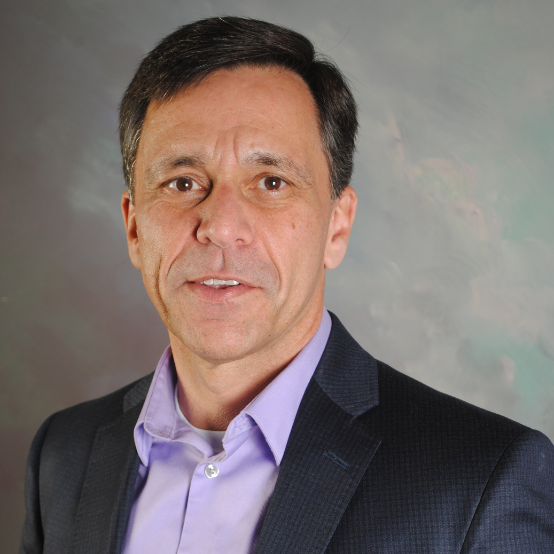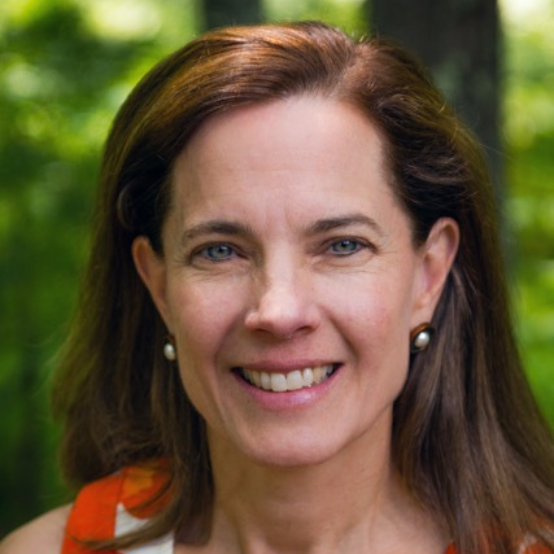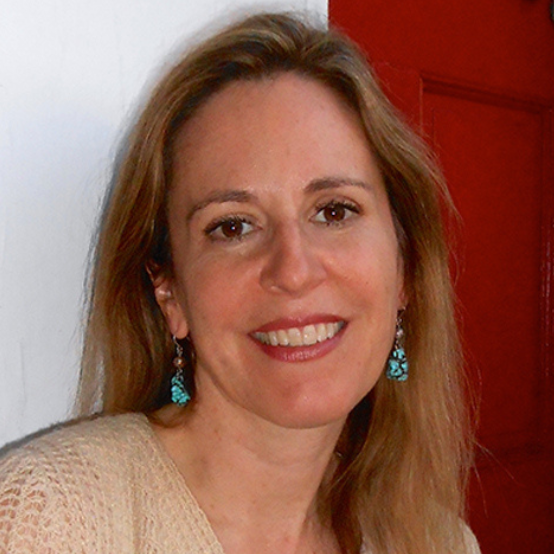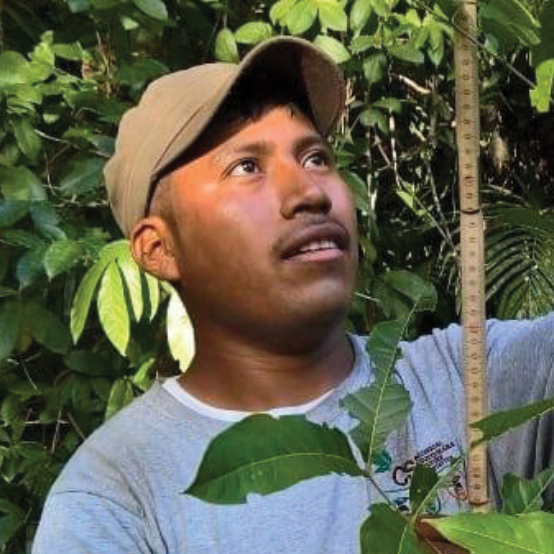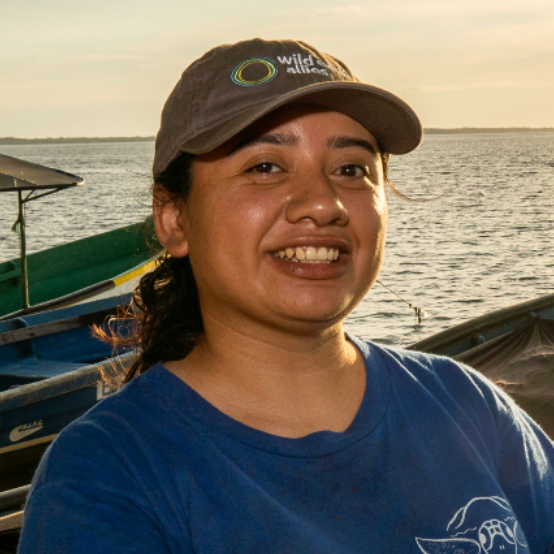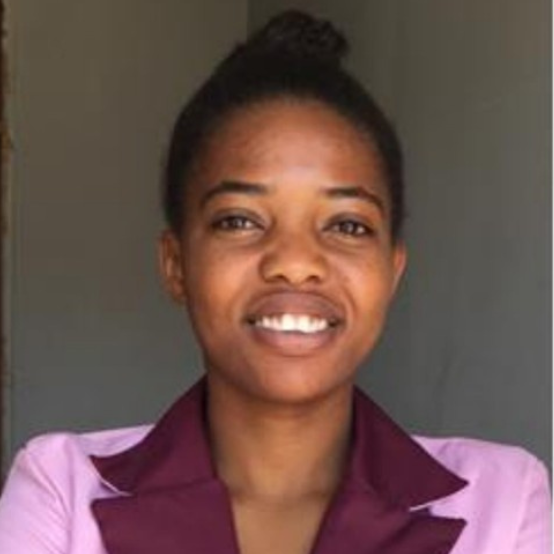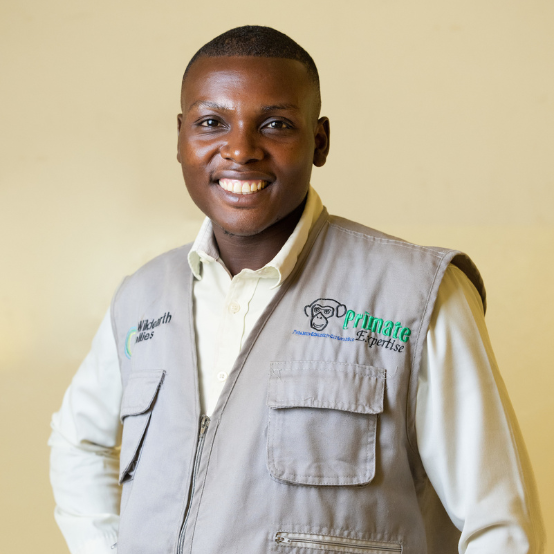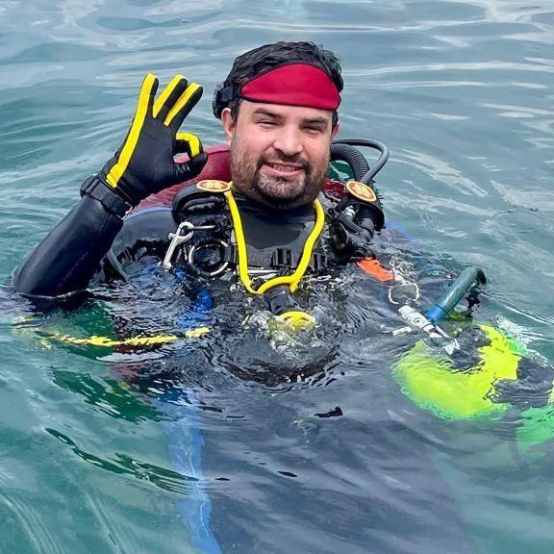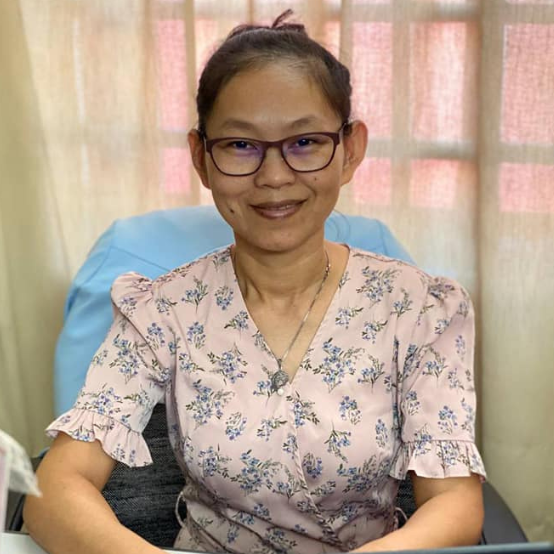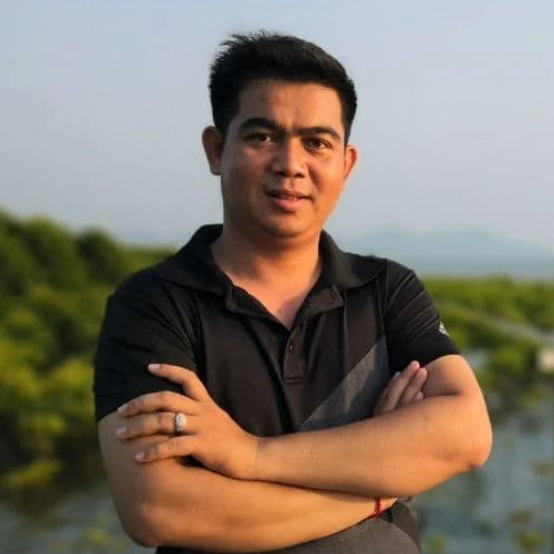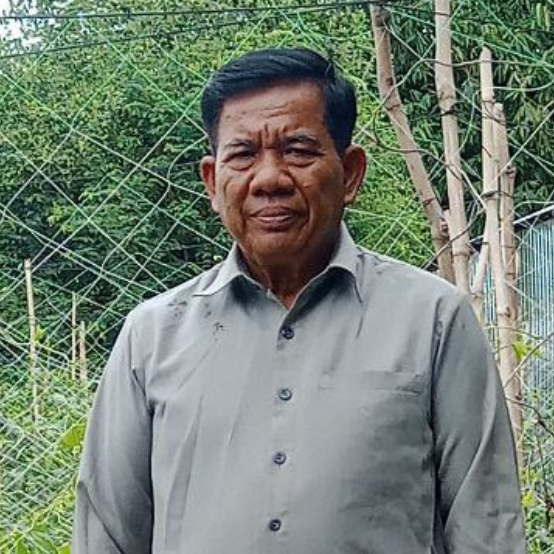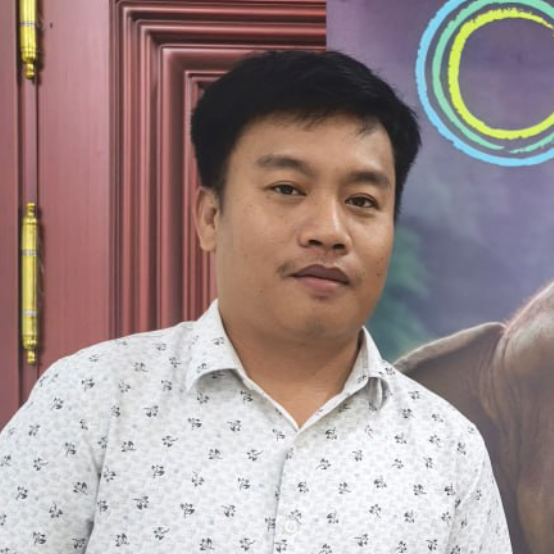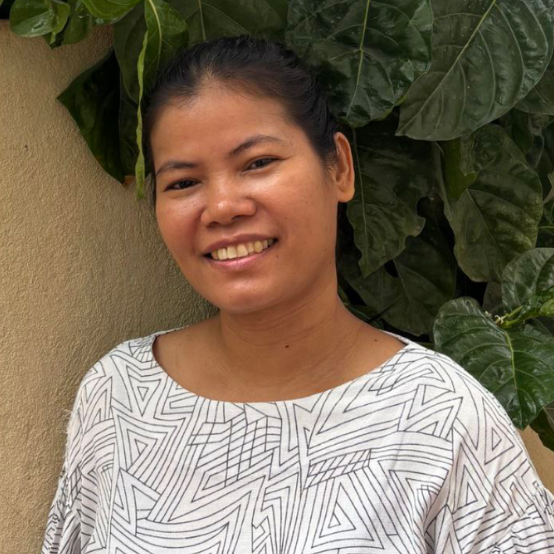On the beaches of El Salvador, community-based conservation efforts are making extraordinary strides in the fight to save critically endangered hawksbill sea turtles in ways that benefit people, too.
In 2022, Wild Earth Allies’ Salvadoran partner ProCosta achieved the most successful hawksbill nesting season in the organization’s 15-year history. Together with its grassroots network, ProCosta’s women-led team protected 438 hawksbill nests and released 38,088 hatchlings—an increase of 8,000 over the previous year. With fewer than 700 adult female hawksbills remaining in the eastern Pacific, every one of these hatchlings is critical.
Hawksbills are at serious risk globally, primarily due to the illegal tortoiseshell trade, loss of their habitat, bycatch from fishing, and egg collection for human consumption. While all seven sea turtle species are threatened with extinction, hawksbills are considered to be one of the rarest and most endangered.
A Sanctuary for Hawksbills
For many years, the hawksbill sea turtle was believed to be virtually extinct in the eastern Pacific. But in 2007, fishing communities in El Salvador informed the scientific community about remnant hawksbill nesting grounds along the coast and in Jiquilisco Bay. This exciting discovery sparked urgent conservation action and the founding of ProCosta. Today, ProCosta is led by President Ani Henríquez, who joined the organization in 2012 as National Coordinator.
“These results are a reflection of many communities engaged and united for conservation that works for turtles and people.”
—Ani Henríquez, President, ProCosta
We are proud to work with ProCosta and coastal communities to ensure the continued success and resilience of hawkbill recovery efforts across three primary nesting sites in El Salvador: Jiquilisco Bay, Los Cóbanos, and Punta Amapala. Our collaboration centers on hawksbill nest protection, turtle monitoring and research, and community livelihoods and engagement.
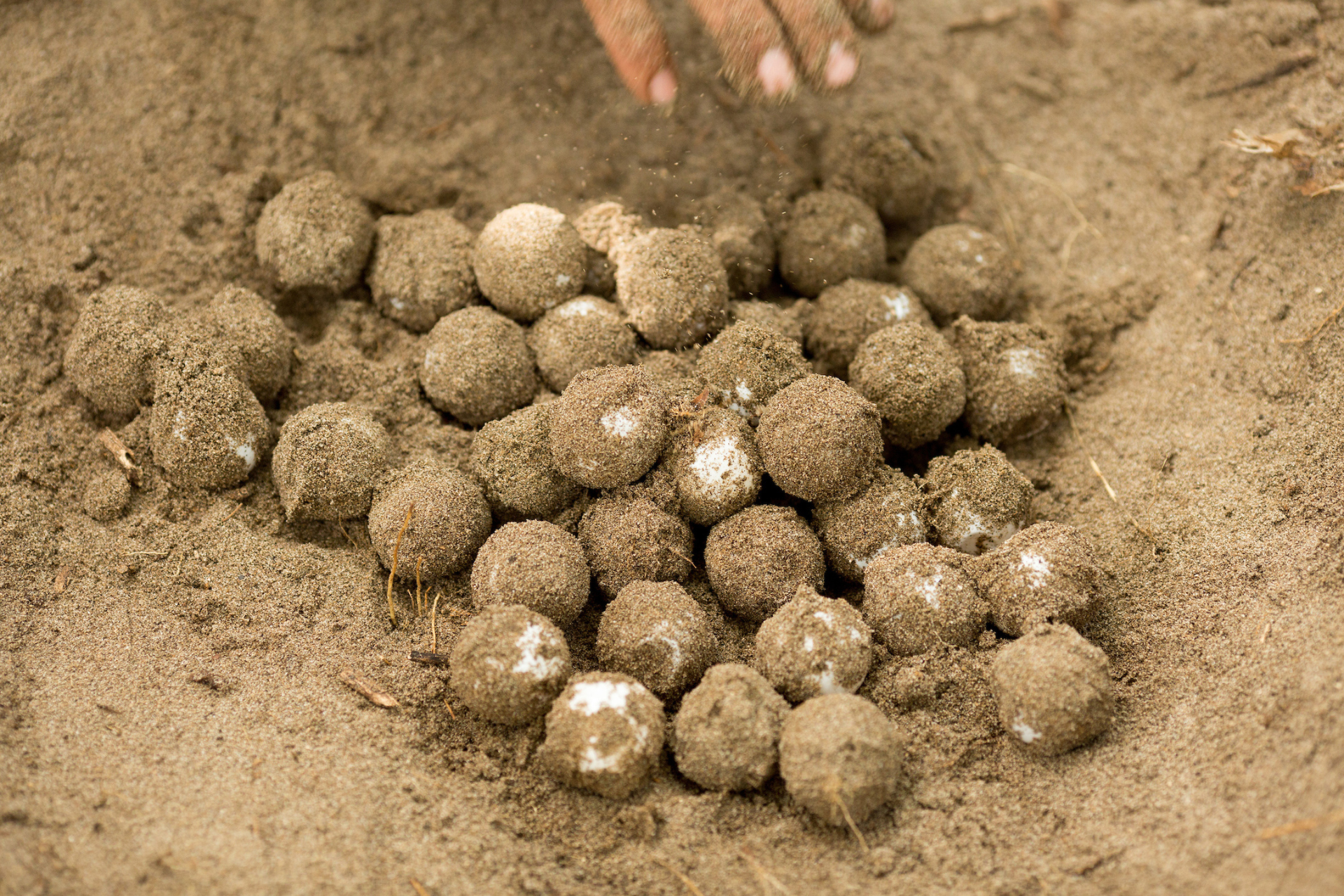
A ProCosta team member carefully unearths a clutch of eggs just laid by a hawksbill sea turtle on a beach in Jiquilisco Bay, El Salvador. (Photo: Allison Shelley)
Engaging communities in nest protection
Nest protection is fundamental to the recovery of hawksbills in the eastern Pacific. Hawksbills typically lay three to five nests per season, each containing an average of 130 to 160 eggs. Before ProCosta began its work in 2007, 100% of hawksbill eggs laid on the beaches of Jiquilisco Bay were collected for human consumption.
In 2022, ProCosta achieved a remarkable 99% nest protection rate across all three nesting sites with the support of trained community egg collectors. Many of these egg collectors formerly sold hawksbill eggs on the black market. Each night of the nesting season (April through October), community egg collectors patrol hawksbill nesting grounds. When they discover a nesting female or nest, community egg collectors alert ProCosta staff, who rush to the site. Together, they gently collect and relocate eggs to one of ProCosta’s secure hatchery centers. Hatchery managers—hired from the community—provide 24-hour oversight of the eggs.
In the 2022 nesting season, over 150 community egg collectors joined nest protection efforts.
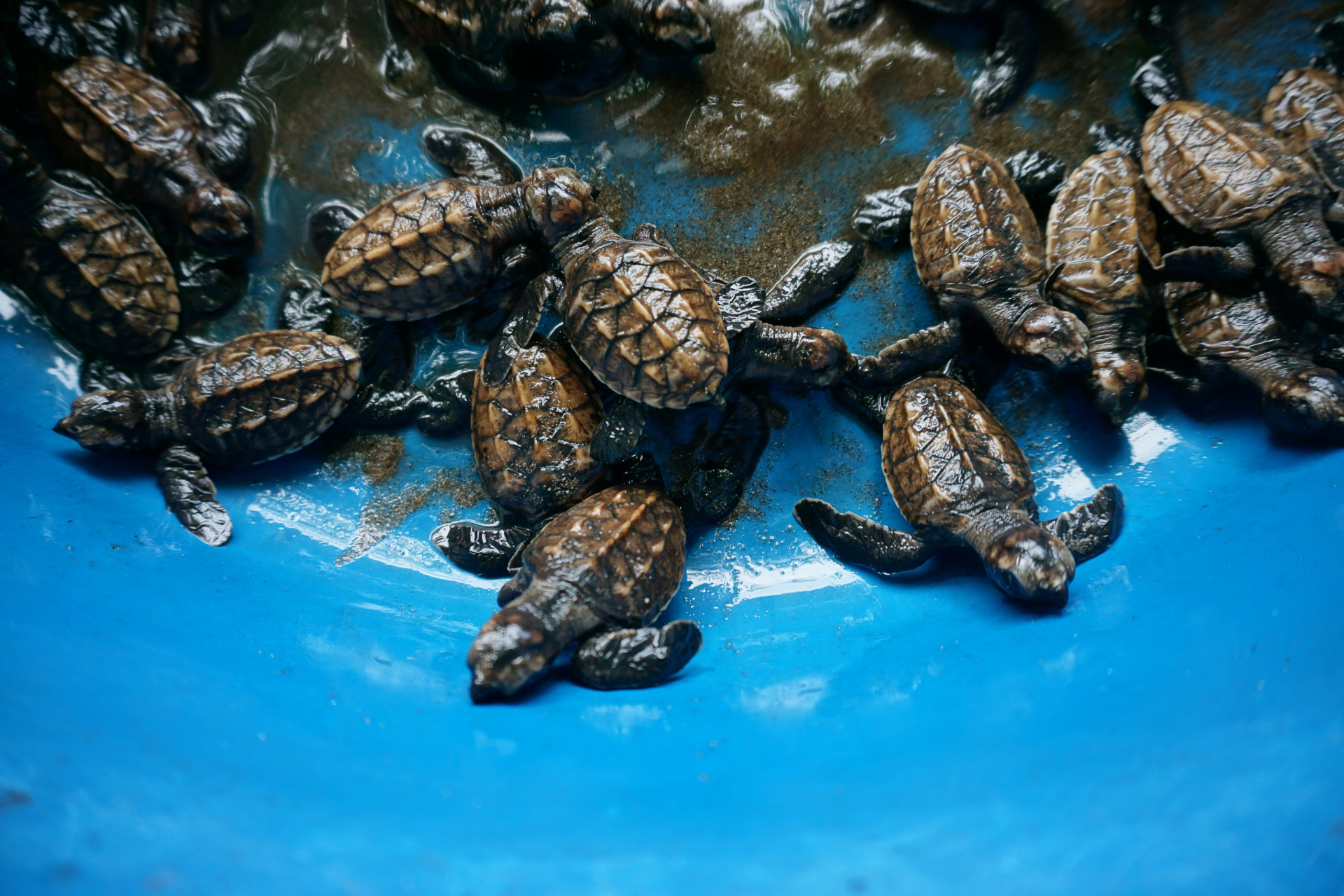
Hawksbill sea turtle hatchlings await release at ProCosta’s hatchery in Jiquilisco Bay, El Salvador. (Photo: Kelly Hogan)
The ProCosta team and community egg collectors have created an efficient communication strategy to share information about nesting females and stranded turtles. Looking ahead, ProCosta will monitor and protect more hawksbill nesting areas by building the capacity of this critical hawksbill conservation network.
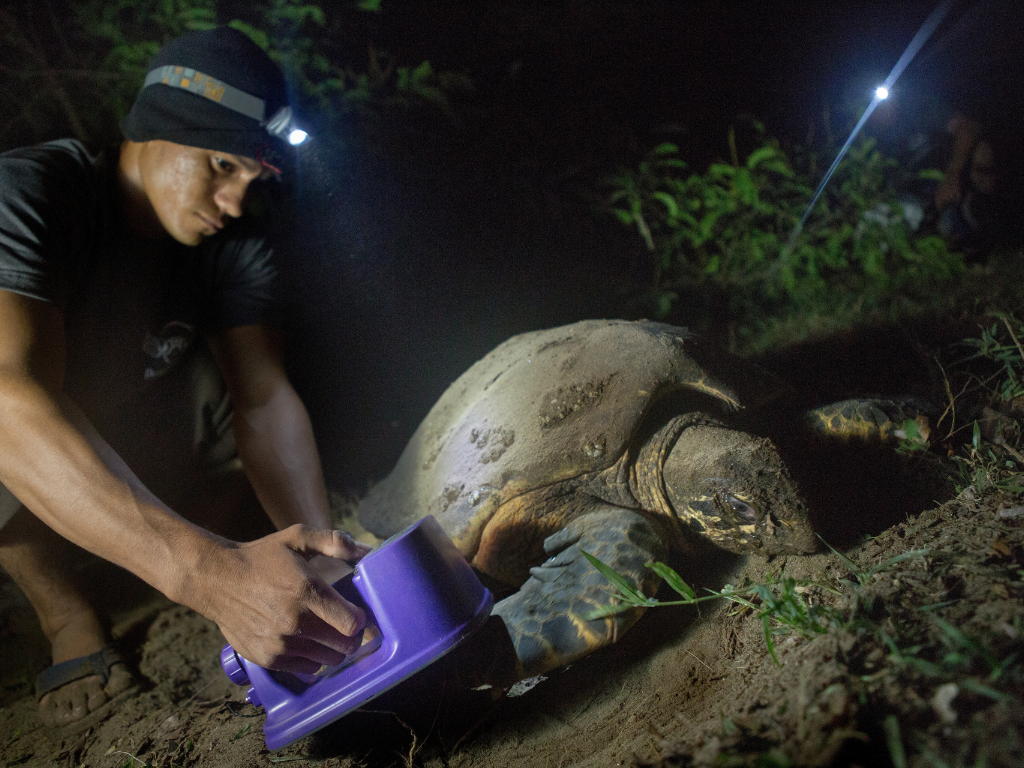
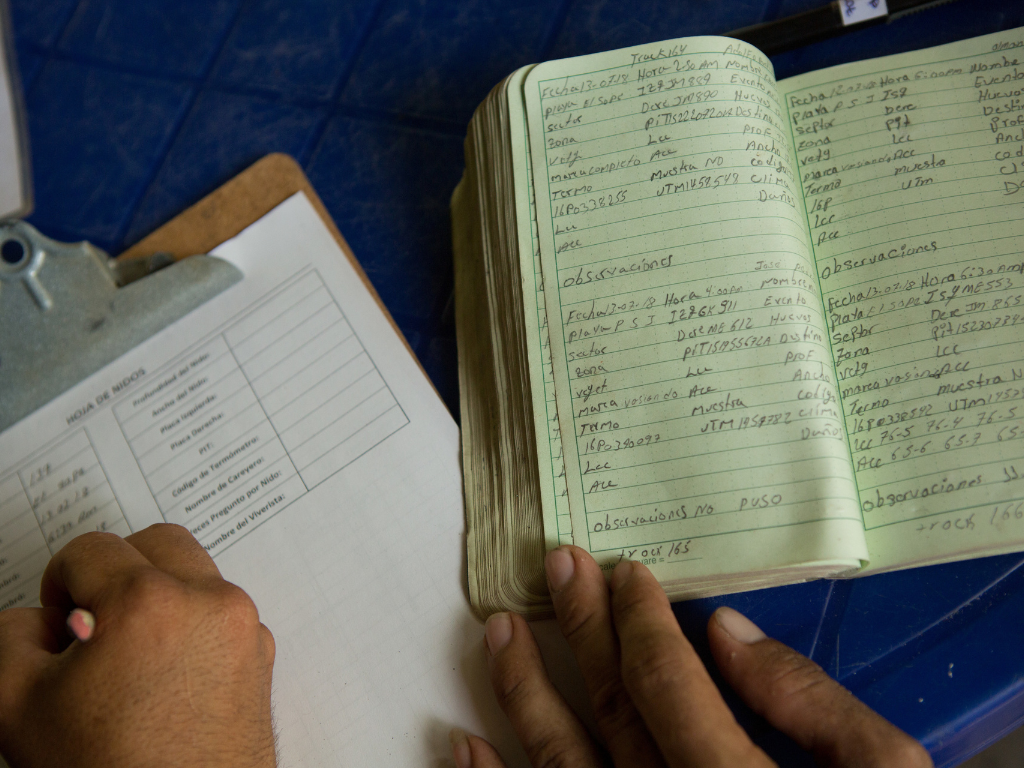
1) ProCosta hatchery co-manager Geovanny Escobar scans a tag previously implanted in the flipper of a hawksbill sea turtle as she covers her nest after laying a clutch of eggs in Jiquilisco Bay, El Salvador. 2) A ProCosta hatchery manager records information about a nesting hawksbill sea turtle. (Photos: Allison Shelley)
Hawksbill monitoring and research
Like other sea turtles, hawksbills are a long-lived, late-maturing, and highly migratory species. Every one to five years, female hawksbills return to the same nesting site where they hatched—in some cases decades earlier. The ProCosta team tags new nesting females and monitors those that visited the nesting grounds in earlier years. Data on the turtles is recorded in an online database, helping the team to track individuals and assess hawksbill population trends. Through this research, ProCosta has identified an uptick in the hawksbill population over the past decade.
In 2022, ProCosta observed 116 nesting females, including 48 returning turtles and 68 new turtles.
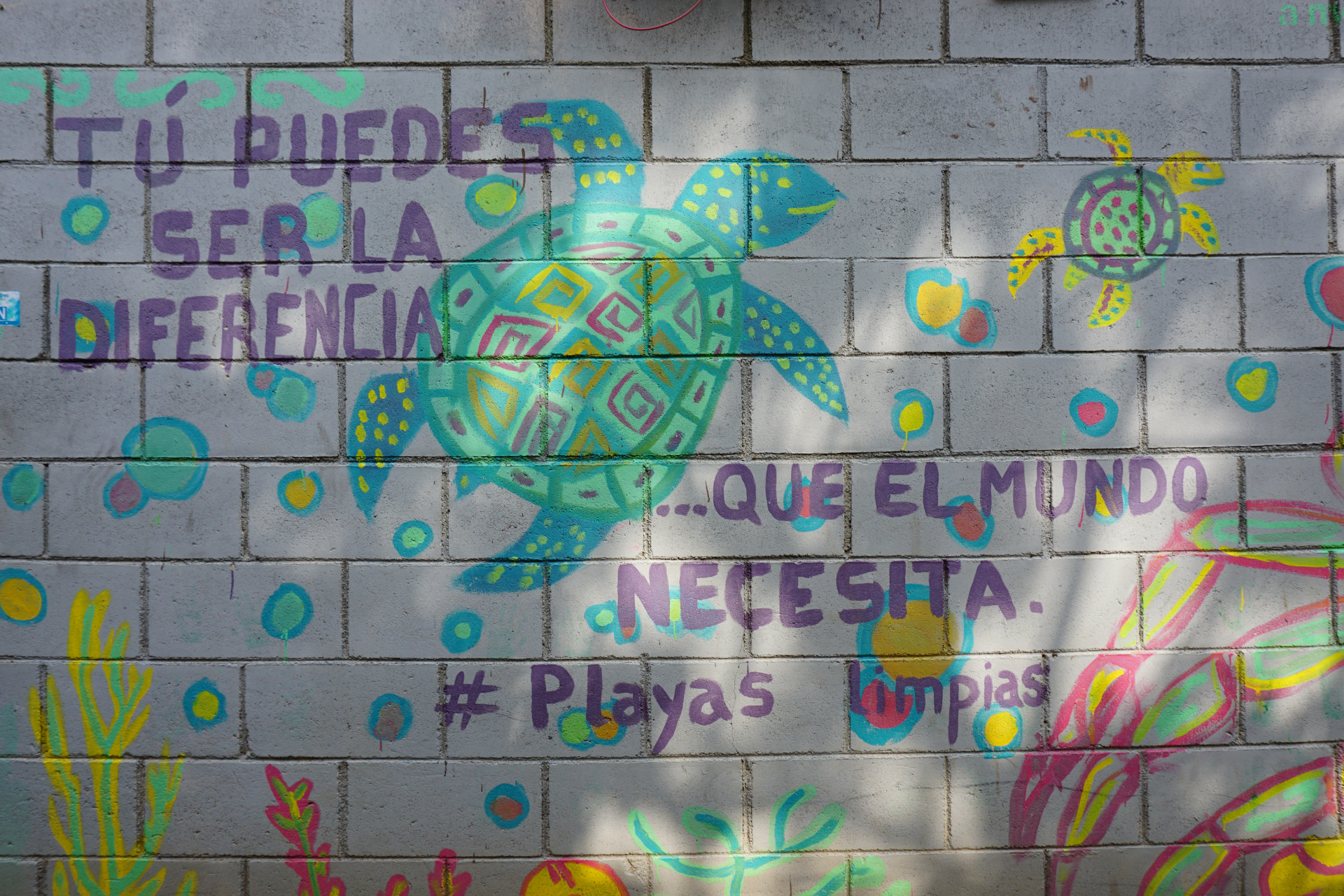
A mural in Los Cóbanos translates to “You can be the difference that the world needs #CleanBeaches.” (Photo: Kelly Hogan)
Hawksbills helping people
ProCosta’s community-based approach not only benefits hawksbills; conservation efforts are transforming the well-being of coastal families. ProCosta hires staff locally, and community egg collectors receive incentive payments—a valuable income source for their families. The ProCosta team has also launched an ecotourism program to boost livelihood opportunities and supported a women’s group in Jiquilisco Bay to establish and operate an ecotourism lodge.
“I believe one of the most important engagements for us as an NGO is that we have stayed in the area since 2008. We are committed to these communities, and we are now part of their families.”
—Ani Henríquez, President, ProCosta
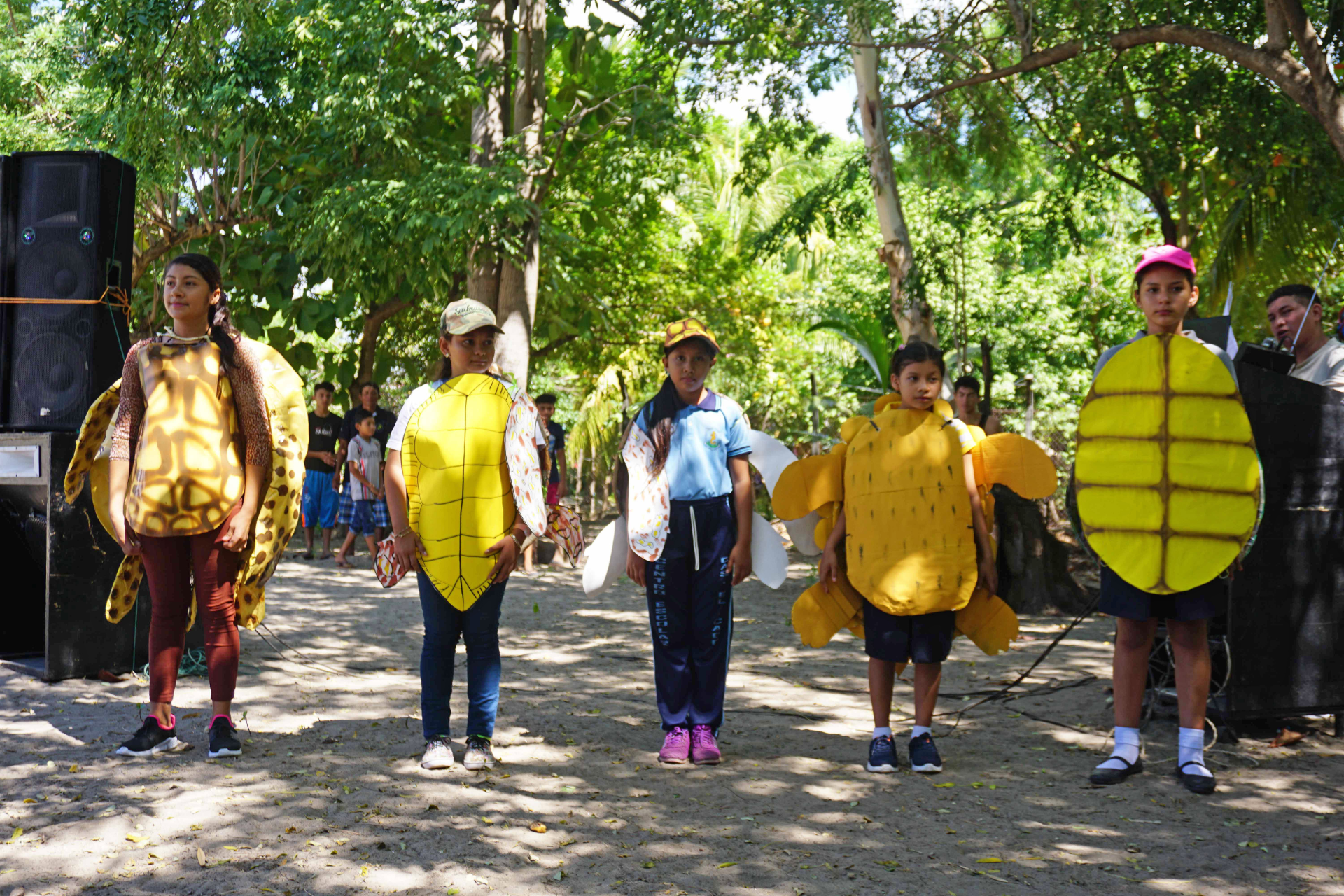
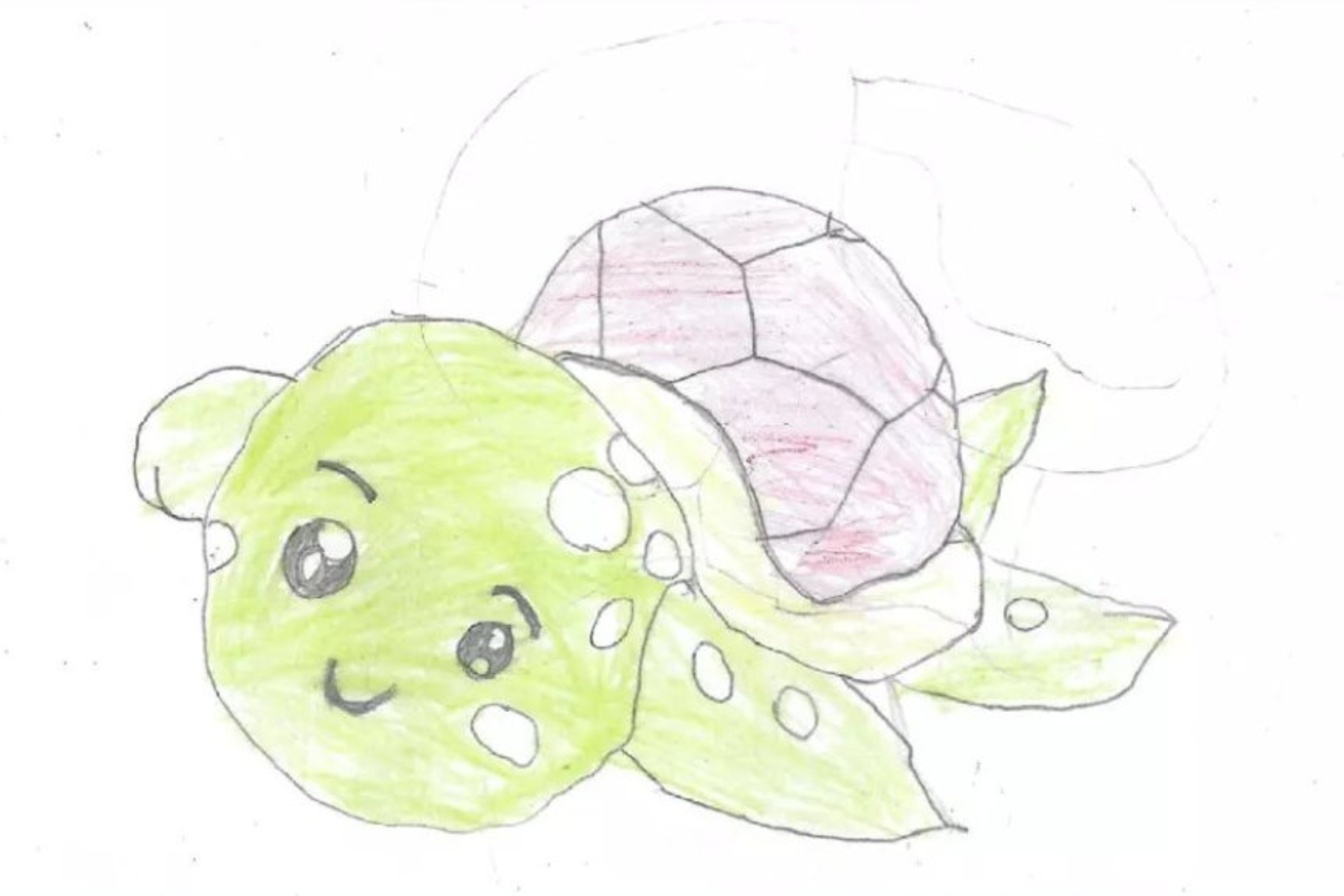
1) Youth take part in a costume contest at the annual Hawksbill Sea Turtle Festival (Photo courtesy of ProCosta) 2) An award-winning illustration contest entry from the 2022 Hawksbill Sea Turtle Festival (Illustration: Francisco Enriquez)
ProCosta spreads community awareness about how hawksbills benefit a healthy environment, such as by maintaining coral reefs and seagrass beds. For the past decade, ProCosta’s annual Hawksbill Sea Turtle Festival in Jiquilisco Bay brings together community members and raises pride for their essential role in hawksbill conservation. Over the years, the festival has drawn the participation of more than 1,000 children, youth, and adults from the seven communities near the primary hawksbill nesting and foraging areas in Jiquilisco Bay, as well as government and non-governmental organizations. Fun-filled festival activities for youth include puppet shows, face painting, costumes, and contests for art and writing.
Due to COVID-19 restrictions, ProCosta held its first Virtual Hawksbill Festival in 2020. The online format—which has continued for three years—has helped ProCosta share its conservation work on a larger scale. The virtual festival draws participation from people locally and from different areas of El Salvador.
Investing in communities
ProCosta’s incredible hawksbill success story shows the power of long-term investment in community-embedded conservation strategies. Please join our collaborative efforts to turn the tide for hawksbills by making a gift today.
To learn more about how ProCosta is renewing hope for hawksbill turtles and coastal communities alike, please watch our award-winning film La Voz del Mar: Hope for Hawksbills.

